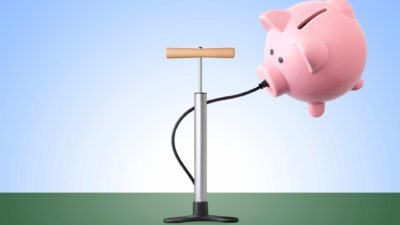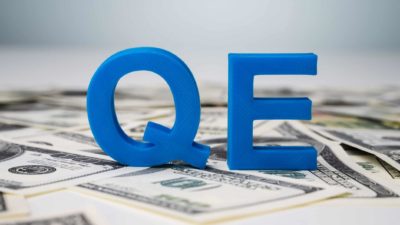The 2020 stock market crash may have caused some investors to turn to other assets that are less risky than shares. However, buying stocks today could prove to be a sound long-term move that delivers relatively high returns.
Of course, an uncertain economic outlook means that avoiding companies with weak balance sheets, high valuations and business models that may not easily adapt to change could be a shrewd move. It may reduce your risks and help to improve your return prospects.
High valuations after the market crash
Even though the stock market crash occurred only a handful of months ago, some shares now appear to be trading on excessive valuations. Certainly, they could move higher in the short run if investor sentiment continues to improve as per recent trends. However, buying any asset for more than it is worth could prove to be a means of generating poor returns over the long run.
Therefore, it may be prudent to focus your capital on stocks that have more attractive valuations based on their financial position and outlooks. The prospects for the world economy continue to be very uncertain, with risks such as coronavirus and Brexit having the potential to cause a second downturn for stock prices in the near term. By investing in undervalued, rather than overvalued, stocks you can limit your potential losses in the short run and benefit from greater capital return prospects in the long term.
Weak balance sheets
The uncertain economic outlook following the market crash means that companies with weak balance sheets may struggle to survive. For example, they may have high debt levels or lack access to liquidity. Should their sales come under pressure, they may struggle to remain afloat compared to sector peers that have modest debt levels and stronger cash flow.
Therefore, it could be a good idea to hold companies with sound financial positions. Investors can determine the financial strength of a business through looking at its annual report and recent market updates. This information is available freely online, and could help you to avoid weak businesses that ultimately prove to be disappointing investment opportunities in the current challenging economic climate.
An inability to evolve
Following the market crash, some sectors may need to evolve rapidly to respond to changing consumer tastes. The coronavirus pandemic may have fundamentally changed sectors such as energy, banking and retail forever. Businesses that can adapt their operations to accommodate different consumer tastes may therefore have a competitive advantage over their peers.
As such, avoiding companies that lack the right strategy to evolve their business models could be a sound move. Clearly, assessing this factor is highly subjective. However, by considering the strategies of a company compared to its sector peers, it may be possible to purchase those stocks with the financial capacity to make necessary changes to their business models so they can return to strong growth in the long run.








